Dr. Le Quoc Phuong - Former Deputy Director of the Center for Industry and Trade Information (Ministry of Industry and Trade) had an interview with reporters of the Industry and Trade Newspaper about the draft Decree on petroleum business that is attracting public attention.
 |
| Dr. Le Quoc Phuong - Former Deputy Director of the Center for Industry and Trade Information (Ministry of Industry and Trade) |
Sir, the Draft Decree on Petroleum Business prepared by the Ministry of Industry and Trade is attracting public attention. The drafting agency has introduced many new regulations such as allowing businesses to calculate and announce retail prices themselves, based on fixed costs announced by the state. What is your opinion on this issue?
In Vietnam's socialist-oriented market economy, the State plays a role in regulating a number of essential goods that have a major impact on production, business and consumption, including petroleum. Over the past 10 years, the Government has issued 3 decrees on petroleum trading (Decree 83 in 2014, Decree 95 in 2021, Decree 80 in 2023). Each subsequent decree has adjustments and amendments to the content of the previous decree, to ensure the goal of balancing supply and demand and national energy security.
The drafting agency is currently submitting a new draft decree on petroleum trading to replace the three previous decrees to solicit comments from relevant parties. This draft decree focuses on the main contents of the petroleum price mechanism, the petroleum price stabilization fund, business conditions, and the petroleum trading system.
The content of the gasoline price mechanism is considered the most important change. Up to now, gasoline prices have been considered and decided by the management agency (the Ministry of Industry and Trade - Ministry of Finance) based on fluctuations in the international and domestic markets. In the draft of the new Decree, the right to calculate, announce and decide on retail gasoline prices is assigned to the gasoline wholesaler and gasoline distributor "in accordance with the actual costs incurred at the enterprise and not higher than the maximum gasoline selling price according to regulations" .
The granting of the right to calculate, announce and decide on retail prices of gasoline to enterprises while still having the State manage through setting ceiling prices is considered a strong move, bringing gasoline business closer to the market mechanism. This is expected to help resolve the problems that arose before when the State set gasoline prices, causing many businesses to face difficulties and even losses.
Of course, this gasoline price mechanism requires management agencies to be more careful in setting ceiling prices and in checking and monitoring business compliance.
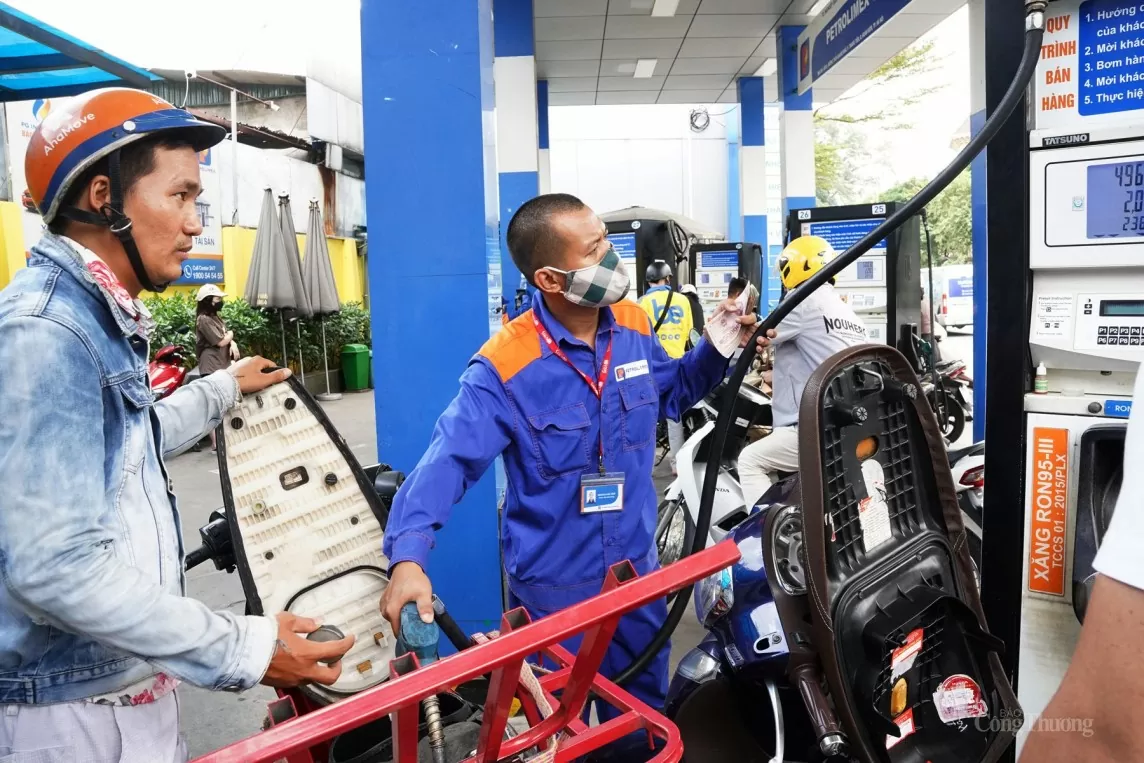 |
| Bringing petroleum business closer to market mechanism (Photo: Can Dung) |
The petroleum price stabilization fund has been proposed by the management agency to be transferred to the State budget for management and will not be spent as it is now but will only be used when the market has unusual fluctuations. In your opinion, what benefits will this regulation bring in that the State still has the tools to manage prices, but will gradually bring petroleum prices closer to the market?
Previously, the Petroleum Price Stabilization Fund was assigned to businesses to manage (collect, allocate, spend, and report on the fund's status). This management method was quite loose, with low updates (businesses reported once a quarter), lacked transparency (depending on the honesty of businesses), and the fund could be "temporarily borrowed" by businesses to use for other purposes.
The proposal to transfer the Petroleum Price Stabilization Fund to the state budget is expected to help make management tighter, more rigorous, and more purposeful. However, this also imposes heavier responsibilities on the management agency.
Do you have any further comments on this draft Decree?
In addition to the above issues, I think there are a number of other issues that need to be considered.
First, consider establishing a transparent and public petroleum trading floor to help distributors have a basis for setting closing prices.
Second, consider allowing petroleum businesses to use derivative instruments. This was stipulated in Decree No. 83 of 2014, but was abolished in Decree No. 95 of 2021. Allowing petroleum businesses to use derivative instruments on the one hand affirms the business rights of businesses, on the other hand, still maintains the State's management and regulation of the market.
Third, the draft Decree assigns the responsibility for storing petroleum to petroleum businesses, and at the same time increases the reserve level from 20 days as stipulated in Decree 80 of 2023 to 30 days. Businesses have commented that storing petroleum to ensure national energy security is the responsibility of the State. If the State is currently unable to do this (due to the failure to build national reserve warehouses) and assigns it to businesses, it is reasonable to keep the current level of 20 days, avoiding creating additional burdens for businesses.
Finally, I hope that the drafting agency will consider and review the comments so that the new Decree is built in the spirit of creating the most favorable business environment for petroleum businesses, while the State still maintains its regulatory role (through price ceilings, inspections, and supervision).
Thank you!
Source: https://congthuong.vn/de-doanh-nghiep-tu-tinh-toan-quyet-dinh-gia-ban-le-dua-kinh-doanh-xang-dau-tien-gan-co-che-thi-truong-332652.html






























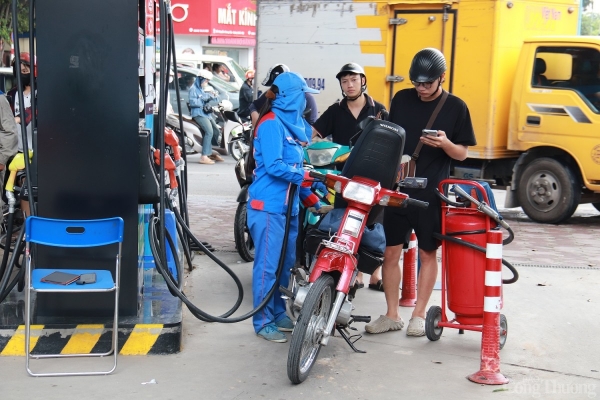
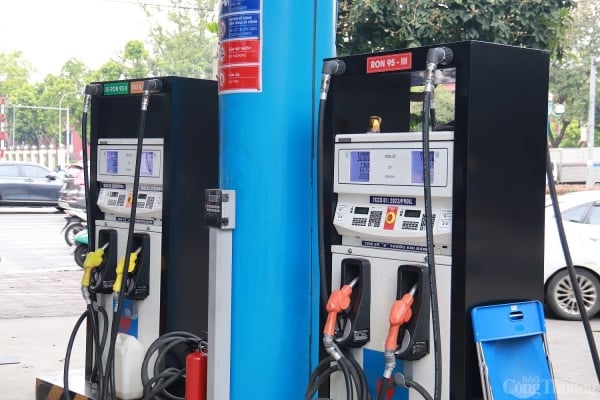

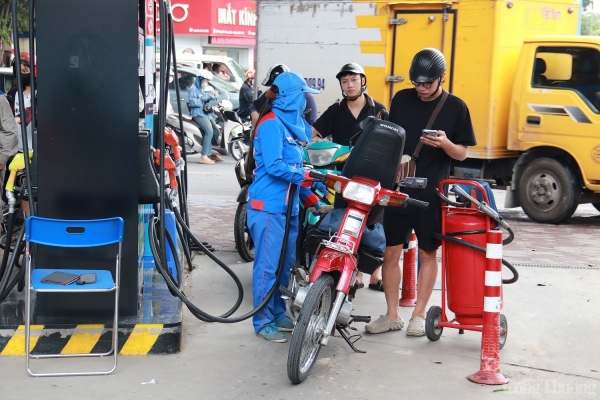
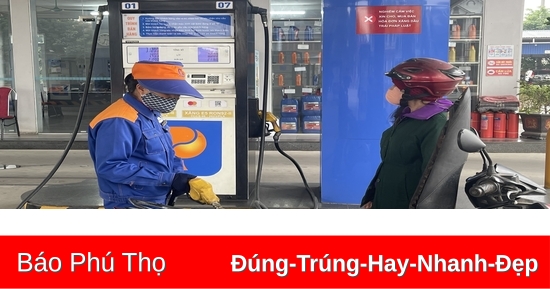
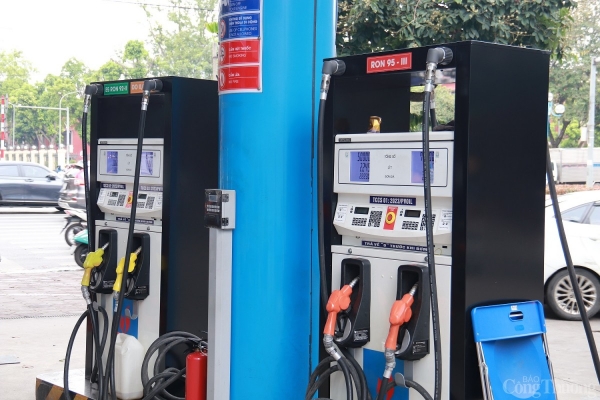
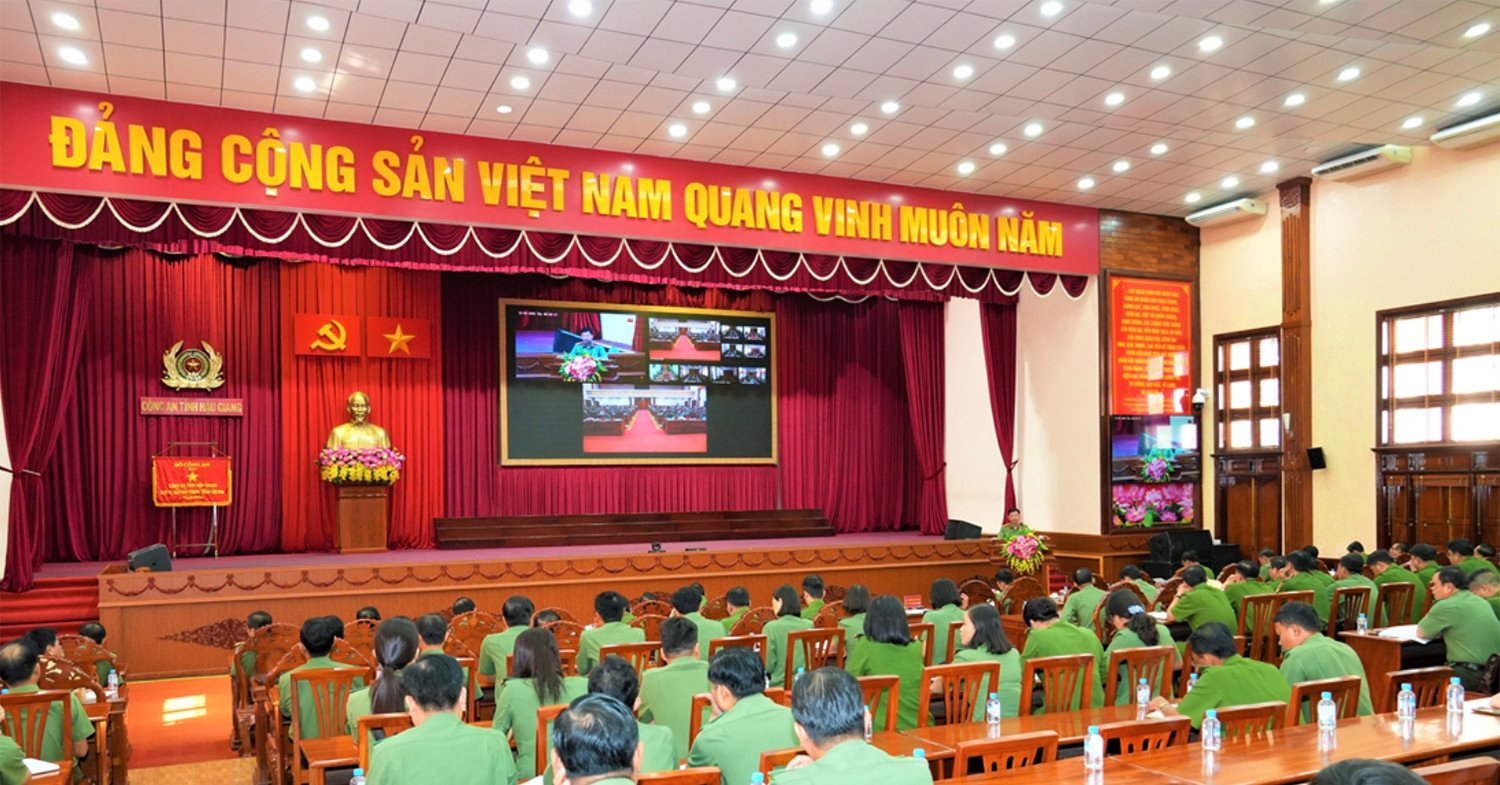



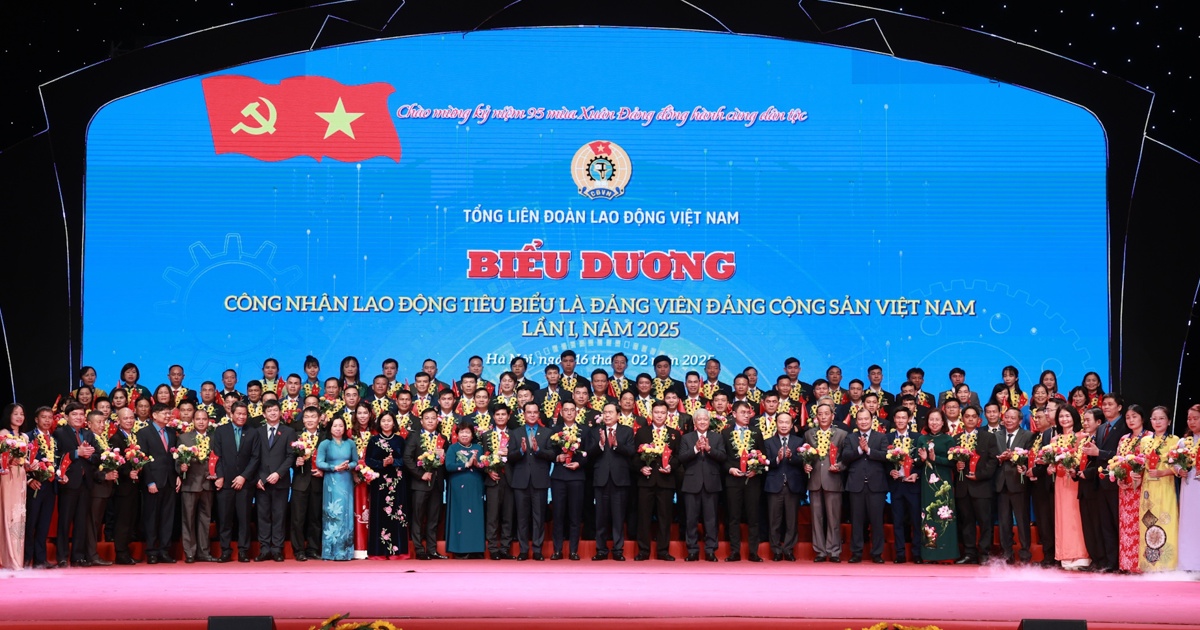



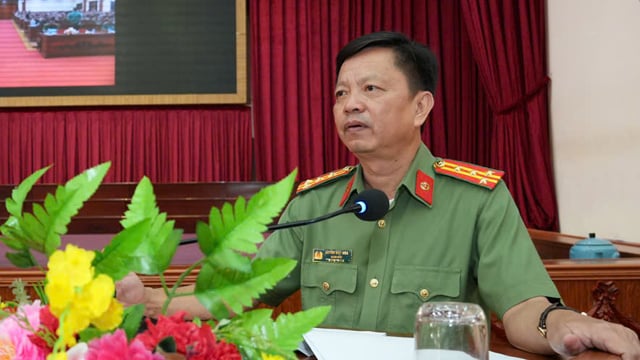



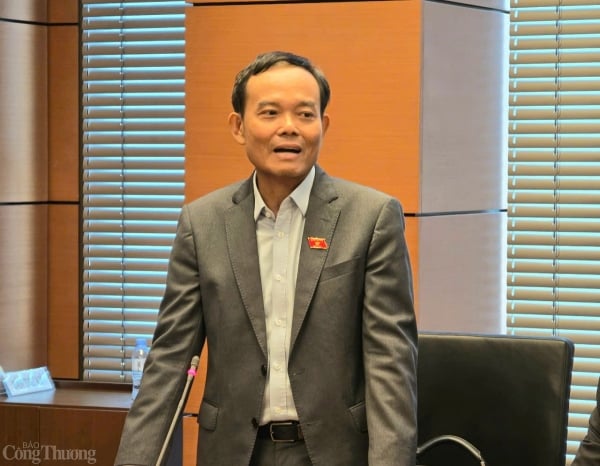

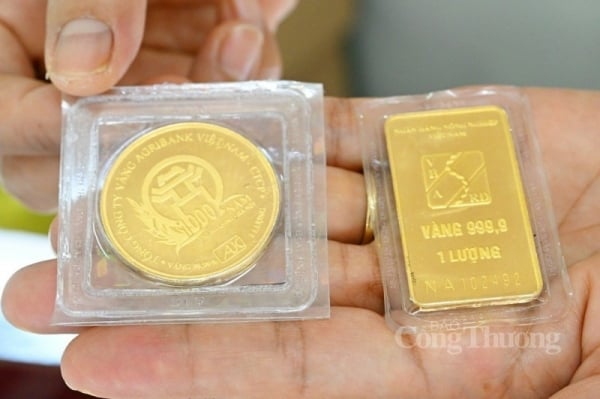
















Comment (0)